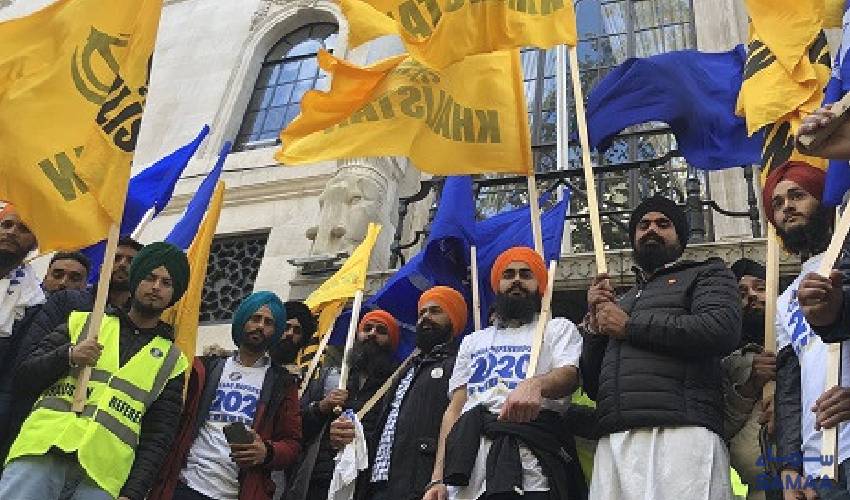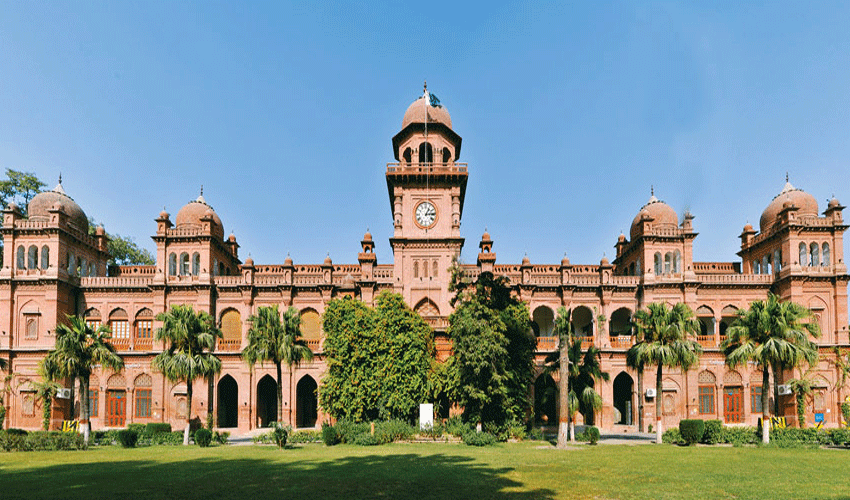US State Department spokesman Matthew Miller has declared that America stands with the people of Bangladesh in the wake of the recent political upheaval in Bangladesh.
Miller's statement comes amid a volatile situation where Bangladeshi Prime Minister Sheikh Hasina resigned and fled the country following a violent uprising, leading to significant loss of life and prompting international concern.
In his latest press briefing on Monday, Miller emphasized the importance of restraint, urging all parties to avoid further violence. "Many lives were lost within a few weeks," he noted, reflecting on the severity of the recent unrest. He welcomed the announcement of an interim government, expressing hope that the transfer of power would adhere to Bangladeshi laws.
"The announcement of the formation of the interim government is welcome," Miller said. "We hope the transfer of power will be in accordance with Bangladeshi laws. All decisions regarding the interim government should be made with respect to democratic principles, rule of law, and the will of the Bangladeshi people."
The United Kingdom and the European Union have also weighed in on the situation. British Prime Minister Rishi Sunak stressed the necessity of early measures to safeguard democracy in Bangladesh. "Early steps are necessary to protect democracy in Bangladesh," Sunak remarked, highlighting the urgency of stabilizing the nation.
Meanwhile, White House National Security Adviser John Kirby echoed the sentiment for a democratic transition. "The interim government should be democratic and multi-party," Kirby stated, reinforcing the US position on promoting democratic values in Bangladesh's political process.
The European Union called for a peaceful and democratic transfer of power, emphasizing the importance of maintaining stability and upholding democratic principles in Bangladesh. Their statement underscored the international community's unified stance on ensuring a smooth and lawful transition during this critical period.
Meanwhile, Bangladesh's army chief will meet student protest leaders on Tuesday as the country awaits the formation of a new government, a day after Prime Minister Sheikh Hasina resigned and fled following a violent uprising against her that killed hundreds.
Student leaders, who spearheaded a movement against job quotas that turned into a call for Hasina to resign, said early on Tuesday that they want a new interim government with Nobel Peace laureate Muhammad Yunus as its chief adviser.
"Any government other than the one we recommended would not be accepted," Nahid Islam, one of the key organisers of the student movement, said in a video on Facebook with three other organisers. "We wouldn't accept any army-supported or army-led government."
"We have also had discussions with Muhammad Yunus and he has agreed to take on this responsibility at our invitation," Islam added.



























